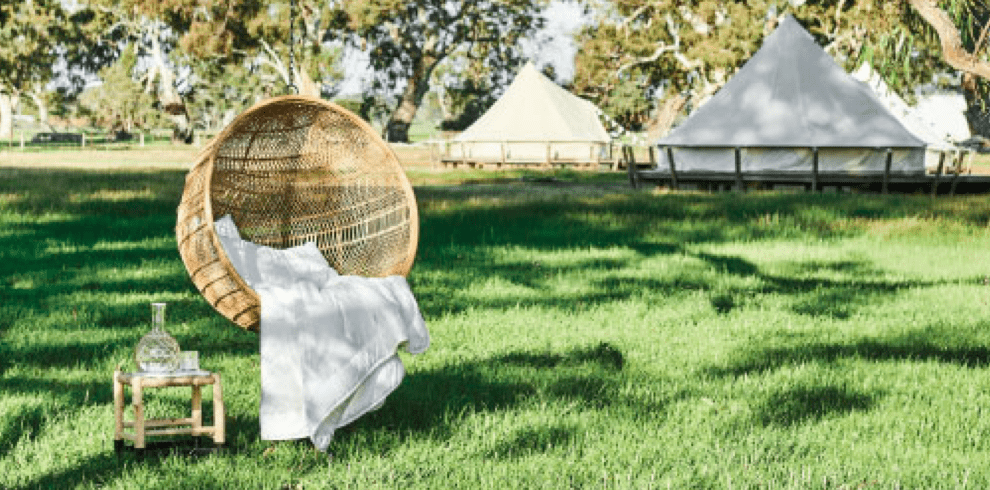So we all know that we need between seven and nine hours sleep, but many of us are sabotaging our sleep before we even get to bed. What you do and don't do before bed can affect how you sleep, here are the 5 most common mistakes.
Ignoring Your Coffee Curfew
That after-dinner cappuccino may be keeping you from sleep, even a coffee at 4pm can be a problem. It takes around six hours for just half of the caffeine that you drink to disappear from your body. Plus, you become less efficient at processing caffeine with age, so even if you drank caffeine drinks without a problem when you were younger, it might be more likely to keep you up now.
Drinking A Nightcap
Having a drink or two might make you feel drowsy, but the sleep that you get after you've consumed alcohol isn't high-quality. Drinking alcohol before bed tends to result in sleep patterns that more closely resemble a resting state, rather than deep, restorative sleep. The result: waking up bleary-eyed and possibly with a headache.
Skipping Exercise
If you worry that exercise will rob you of sleep, don't. People who get the recommended amount of exercise are 65 percent less likely to feel drowsy during the day. That may be because exercisers fall asleep faster, sleep longer, and have higher-quality shut-eye than non-exercisers. Just be sure to exercise at the right time.
Getting the Bedtime Munchies
A small bedtime snack is typically harmless, but eating a big meal just before you turn in could leave you tossing and turning as your body works to digest it. If you suffer from heartburn or indigestion, gravity is your friend when it comes to managing symptoms. Lying down, on the other hand, can encourage stomach acids to bubble back up your oesophagus.
Sleeping In
Regular bedtimes aren't just important for children. Having a regular sleep schedule both during the week and on weekend could increase both the quantity and quality of your sleep. Even though it's tempting to catch up by sleeping later when you can, doing so can throw your body's internal clock out of whack, making it harder to sleep the next night.
Source: www.sleep.org



